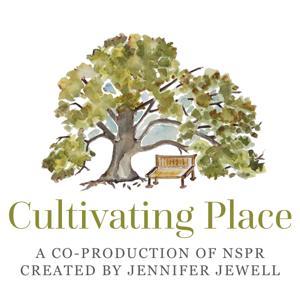In this episode, we dive into a surprising but essential topic for a life-friendly future: trade networks and resource sharing. Guest Rana Hajirasouli, circular-economy innovator and founder of the climate-tech startup The Surpluss, explains how nature’s systems can inspire smarter, more collaborative ways for industries to reduce waste, strengthen supply chains, and unlock new forms of value.
With experience spanning marine conservation, international law, and manufacturing (as well as recognition from the World Economic Forum and UAE’s Future 100), Rana brings a sharp, systems-level perspective to what circularity can look like in practice. From industrial symbiosis to resource sovereignty, she breaks down how we can redesign our networks the way nature does: with efficiency, reciprocity, and resilience at the core. Tune in for a compelling conversation about what’s possible when we rethink how we share.
Learn more about The Surpluss.
Note: Host Lily Urmann is welcoming the newest biomimic in January, and will be on maternity leave until June 2026.
Grab some Learning from Nature merch including shirts and sweatshirts.
If you want to begin your own learning from nature journey, take a course from Learn Biomimicry. Gain the skills to apply 3.8 billion years of research and development to your business, projects, and daily life.
Listeners can save 20% on the Biomimicry Short Course Set, and 10% on the Biomimicry Practitioner and Educator Program with code LEARNINGFROMNATURE or by visiting this link.
Thank you Pine Peak Productions for helping to evolve Learning from Nature to the next level!




































